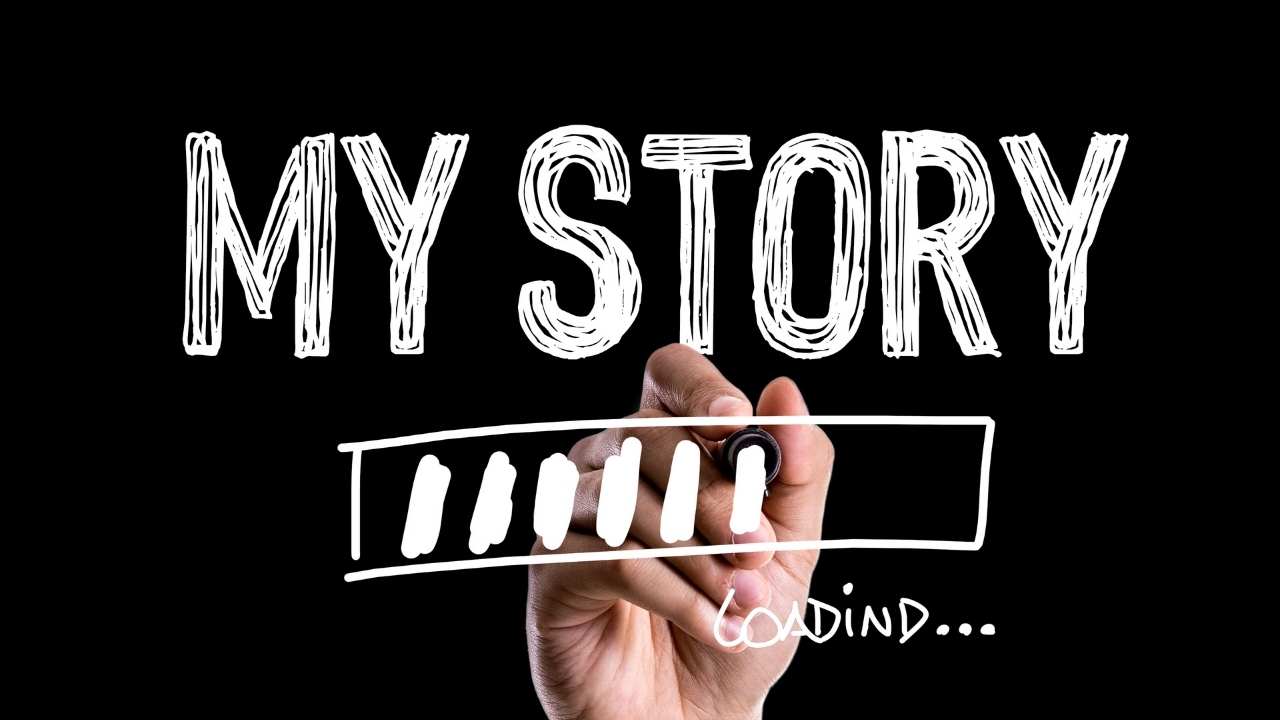
The internet never forgets.
It’s a reality of today’s world that many of us are still learning to grapple with. The permanence of content shared to the web compels digital marketers to be hyper-aware and vigilant about every message, image, and social post published online by their brands.
In her new book, Irina Soriano asks an important question for the times: Shouldn’t we be applying the same level of attention and scrutiny to our personal brands (or as she positions them, our “life-brands”)?
We recently chatted with Irina about her latest work, why she wrote it, and what marketers can learn.
Marketing Book Worth a Look: Generation Brand: Controlling Your Life-Brand for Likes, Loves and Career Advancement, by Irina Soriano
As Vice President and Head of Enablement for Seismic, Irina’s expertise is largely in sales. But as an avid student and teacher of what it takes to succeed in modern selling, she recognizes the functional overlap with marketing: To stand out and attract buyers today, salespeople need to market themselves, which means understanding the impact of one’s visible online activities and the full extent of one’s digital footprint.
It’s a strange new world. People need a new playbook to navigate it — especially young professionals who are entering the workforce and trying to build their careers the right way. Irina seeks to provide just that with Generation Brand, which covers a wide range from topics spanning from the death of privacy, to our cultural obsession with “chasing likes,” to the gender implications of this paradigm, and beyond. She then goes on to define the concept of a life-brand and how everyone can take control of theirs.
Here’s what Irina had to say about the motivations and intentions behind the book.
LinkedIn: What inspired you to write Generation Brand?
Irina: It pretty much comes down to looking at two overarching problems that seem slightly overwhelming, and intersect in the book. The first one is the current social media landscape and the impact it has, especially on the next generation of young men and women. And the second one is gender parity — or the lack thereof — in businesses today, and how this ultimately impacts gender equality on a broader scale.
Really, the thinking behind this was somebody like myself, you know, I'm a VP in a tech company, I'm a professional woman. I did not grow up with social media, but was impacted by it in my 20s and into my 30s. But I'm already suffering from a confidence gap where — and there's tons of research about this out there — where I'm always probably three steps behind to position myself the same way as my male counterparts. And that's just by default.
What inspired me to then sit down and write the book was, if someone like me as a late millennial already suffers from a confidence gap compared to my male peers, which is significantly impacting how I'm advancing my career ... How then is this next generation of women expected to close the gender gap? They’re growing up in a social media landscape that pretty much tarnishes their self-confidence from a very early age; as young as 11 years old these days, that's the first time when — in the U.S. at least — when folks embark on their social media journey by themselves, sometimes with control of the parents and sometimes not. And that for me, that raises a lot of concern. If I hear this next generation is going to close the gender gap, well, confidence is a huge problem for us in the way of advancing our careers at the same rate as men do, we are often in our own way.
So the whole purpose was to provide a new concept that today’s and tomorrow’s generations can use to start building early confidence, and start to build early leadership skills. By the time women get to what McKinsey and Lean In define as the broken rung — that first promotion up to manager which causes a gap in gender parity later on, because men get promoted to managers at a higher rate than women — they are actually able to walk into these interviews positioning themselves as strongly as their male peers, and have a better shot at advancing their careers. And the concept I introduce what's called life-brand. So that is the new idea behind this whole thing.
 LinkedIn: Why do you think this book is a valuable read for marketers, specifically?
LinkedIn: Why do you think this book is a valuable read for marketers, specifically?
Irina: I think if you take the general concept of a brand, from a marketing perspective, we would probably say it's an identity that we give to a product or a service, that then helps us market that service or that product. So if you were to take that concept into our personal life, now we're talking about personal branding, right? Very common phrase we all know, referring to the intentional effort I undertake to build credibility in a certain field, to advance my career, to be seen as an evangelist, whatever that might be.
But there's a personal agenda driven behind the personal branding. And these days, that happens through the reach of social media, because that is something that everybody has easy access to. This is how I can reach many people and build a name for myself. Now, the new concept I'm introducing takes both of these things together and expands on them even further. So life-brand in itself is the collection of the publicly accessible content that you or me or an individual has shared, or was featured in. That could be any photo, any video, any like, any love, any comment, any audio recording ... anything that's out there that I have ever contributed to my lifetime content library, or somebody else has contributed, with or without my consent.
What that also takes into account that probably speaks to people in my age range, is any Kodak photo that was ever taken off you 25 years ago — I’ve got five big boxes of those in my closet sitting here with unflattering images of me and friends. Any picture anybody has ever taken of you on their phone, or video, anything that can still see the light of day 20 or 30 years later. Life-brand doesn't necessarily have to mean it's accessible now publicly by everybody, but it might be accessible in 20 years. So the component that plays here also is the constant visibility we're all exposed to: If I leave my house right now, anything I do and say once I leave the privacy of my home can make its way onto social media, and hence, impact my life-brand.
So the underlying concept here is that we all have one, whether you want it or not. Personal branding is making a decision to actively build it, but your life-brand exists whether you're aware of it or not aware of it. And the purpose of the book was to introduce the concept of a controlled life-brand, and explaining to people how they can actually start taking control. The earlier you do it, the less potential damage you can do to your life-brand.
If we use as an example, say, Tiger Woods, right? He has built a very strong purpose around his profession as golf, but that was also his passion. So his identity, his behavior, his language were all aligned to that purpose, and then he went out and he cheated on his wife and he did all these things that were in complete misalignment to this purpose he had built and now we have a misaligned life-brand. All of a sudden, the purpose and the identity didn't fit anymore. And that created a negative public perception about him. He obviously recovered from this scenario but it's just a public example of what can happen, and there are obviously many more. We can also think about a concept like ‘cancel culture,’ which is a phrase that may pique the interest of marketers, because that's not just for individuals but also for companies right? If they put one wrong tweet out there, or one that’s not rightly interpreted, there goes the life-brand. So I think if you take it into a broader scale, the whole concept is very applicable for marketers, in the personal world but also for the corporate marketing that they do for their organizations.
LinkedIn: Thinking about the audience reading this book, marketers and beyond, what is one overarching key lesson or change in perspective that you would like someone to take away with this book with?
Irina: It goes a bit back to why I wrote the book, because I've personally experienced what controlling a life-brand did to my own career, what it did to my confidence, what it did to the self-belief in my abilities and my potential. I think the big piece for me would be if folks are looking for a different source to build their confidence, to enhance their career, and really to drive personal good and welfare in the world as well and initiate change on any level, life-brand is the concept to adopt. And the great thing is, the only thing you need is this [holds up smartphone].
Interested in taking control of your own life-brand or applying these principles to your marketing approach? Check out Irina’s website for more information and resources, or go ahead and order your copy of Generation Brand today.
For more riveting reads, subscribe to the LinkedIn Marketing Solutions blog today.
For More Information about our services please visit:
Additional Informational Links:
https://sites.google.com/fuseologycreative.com/fuseology-creative-clients/home




No comments:
Post a Comment